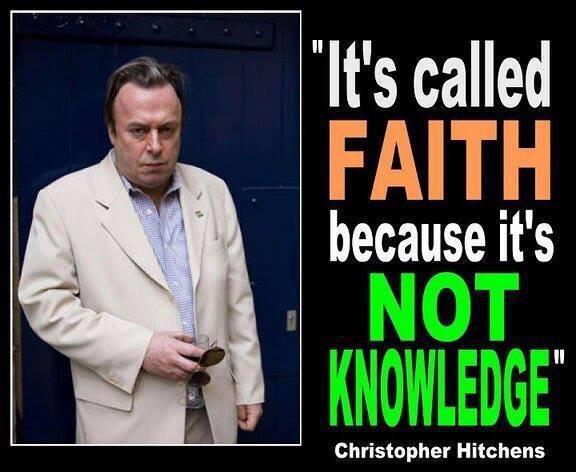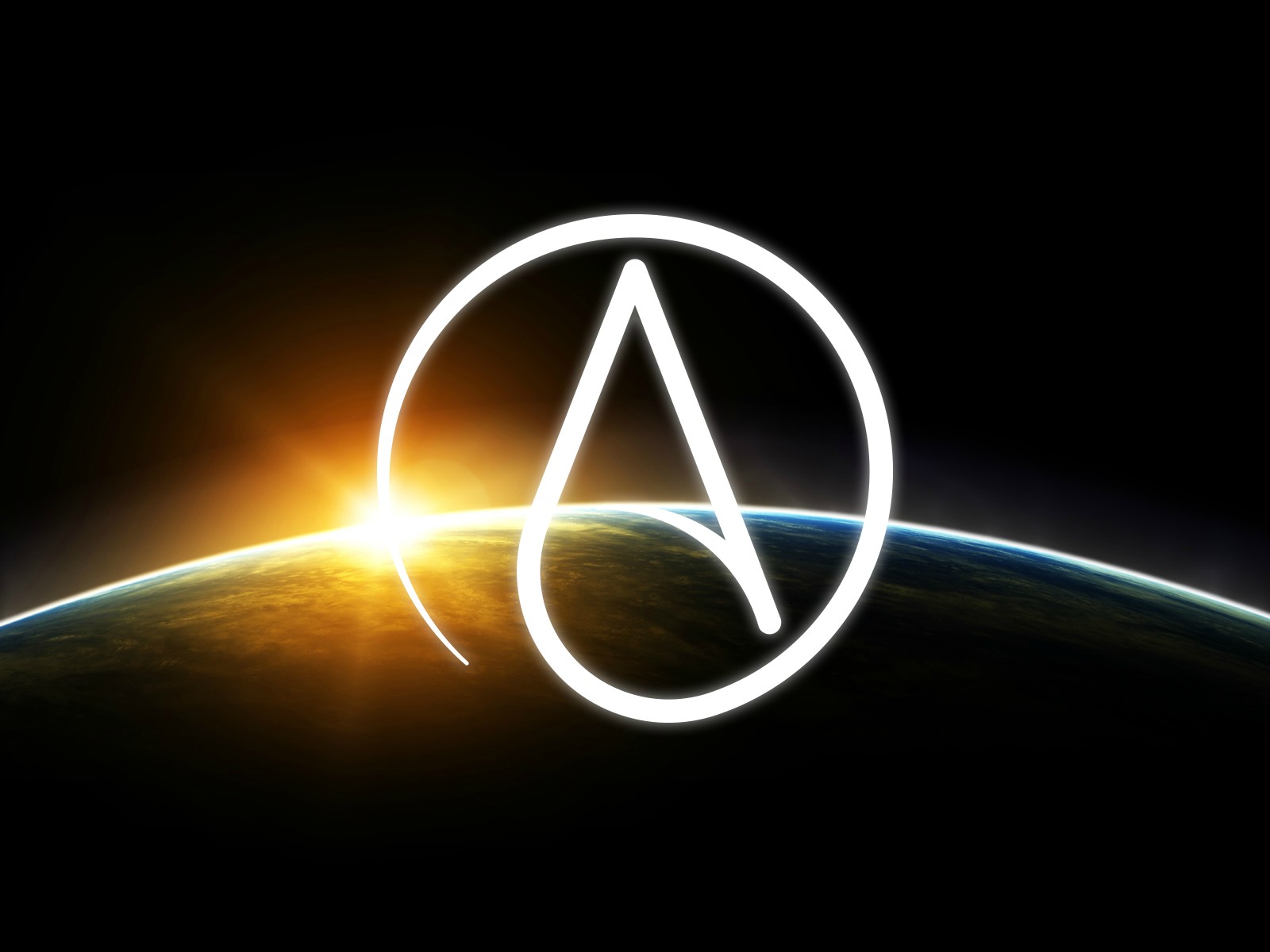Last Updated on 2022-08-04 by Joop Beris
When engaged in a discussion with religious people there often comes a point where your interlocutor says: “If you only had faith then you’d know my beliefs are true”. If they are Christian, they may quote Hebrews 11:1: “Now faith is the substance of things hoped for, the evidence of things not seen.” Unfortunately for religious people, faith is not the same as evidence and faith is not a pathway to truth.
Faith is not a pathway to truth
Before explaining why faith is not a pathway to truth, I need to explain what I mean by the word “faith”. People use that word in a number of ways which might confuse my argument. People often use it as a synonym for trust or confidence. Hence the claim that atheists have faith in science while it would be better to say that people trust science.
So what do I mean by faith? Simply this:
Faith (noun):
1. belief and trust in and loyalty to God
2. belief in the traditional doctrines of a religion
3. firm belief in something for which there is no proof
4. complete trust
(Source: Merriam-Webster).
I hope that we can all agree that this is different than simply trust or confidence in something. It’s also far removed from being skeptical or being a freethinker. So with that out of the way, let’s examine why faith understood this way, is not a pathway to truth.

Photo by Pixabay on Pexels.com
It’s possible to believe anything on faith
Christians believe Jesus is the Messiah, Muslims believe the prophet Muhammad had the final revelation from God, Mormons believe Joseph Smith had an even later revelation, Jews believe that the Messiah is yet to appear while Buddhists don’t believe in a god at all. Yet all these religions are the truth for the people believing in them. That is not including all the religions which are no longer active, because that would add any number of mutually exclusive claims to truth. To make it clear: the claim that Jesus is the Messiah is in direct contradiction with the Jewish claim that the Messiah is yet to show up. They can’t both be true. The claim that Joseph Smith had a revelation from God is in direct contradiction with the claim that it was Muhammad who had the final revelation from God.
There are people who have faith that the Earth is flat, that Bigfoot is real and that the Earth is 6000 years old. People who believe that Elvis is still alive and people who believe that the Holocaust never happened. I could even have faith that Hitler was really a nice guy but just misunderstood. Faith is not a pathway to truth because it is possible to believe anything on faith.
Since it is evident that not everything can be true and it is possible to believe everything based on faith, it follows that faith is unreliable when it comes to knowing if something is true or not.
Faith is not knowledge

Knowledge is the fact or condition of knowing something with familiarity gained through experience or association, the circumstance or condition of apprehending truth or fact through reasoning.
Faith is often the opposite of this. Faith is obscurantism, God, we are told, works in mysterious ways. Religious people may claim they are familiar with God yet at the same time we are told that no one can know the mind of God. The wisdom of religion is revealed wisdom, not arrived at by reasoning but by personal experience. It is subjective, non-verifiable and not repeatable.
Faith is not a pathway to truth because it is not knowledge. After all, we can not verify it by any means. If we could, we would not call it faith because it would simply be knowledge. How do we verify things? Read on!
We don’t speak of faith when we have evidence
When we are aiming to buy a house, we have it inspected for hidden flaws. When we want to buy a car, we take it for a test drive. If we are looking for a new washing machine, we read reviews of other people before making a decision. When a doctor tells us we are dying, we get a second opinion. We don’t use faith to aid us in any of these situations. Instead, we look for facts and evidence to help us make a good decision. This is true in all areas of human discourse except for religion. Here, we are expected to take things on faith alone.
As the philosopher Bertrand Russell put it: “Where there is evidence, no one speaks of ‘faith’. We only speak of faith when we wish to substitute emotion for evidence.” He gave the example that we do not use faith to establish that 2 +2 = 4 or that the Earth is round. We don’t take these things on faith, we have verifiable evidence and reason that tell us they are true. Faith can exist despite evidence or even in the face of evidence to the contrary. That means that faith can actually contradict what is true. That’s because faith is not based on evidence or reason.
Why use faith?
If faith is not a pathway to truth, why would we attempt to use it in that way? Religious people may claim that reason and logic aren’t the only pathways to truth. However they are demonstrably the most reliable pathway to truth. When we use faith to find truth, we may arrive at a correct understanding but it’s at least equally likely that we won’t. The only reason I can think of for using an unreliable pathway to truth is if you are not actually interested in the truth but want to arrive at a conclusion that is perhaps not true but is somehow pleasing or reassuring. In other words, faith is nothing else but wishful thinking.

